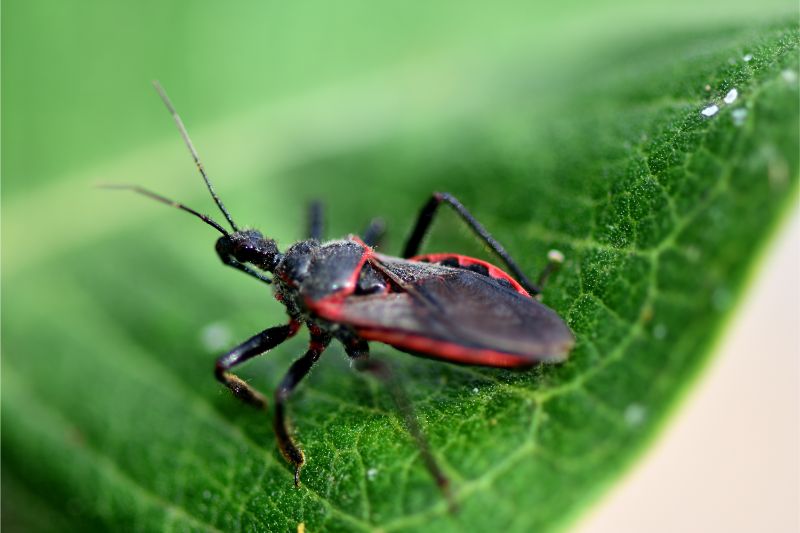Blog
Kiss of Death: Chagas Disease in Dogs

Texans are no strangers to bugs. Big, small, and in between, they are a part of life here in the south. Many of them are harmless, but others can be the bearers of serious trouble.
Kissing, or assassin, bugs are one of those critters that we want pet owners to worry about. The bite of this insect can carry an infection that is one to avoid. Chagas Disease in dogs is something that Ten West Bird & Animal Hospital wants Texan pet owners should know about.
Continue…All Going Swimmingly: Swimming Safety for Dogs

We are excited to dive into summer – into lakes, rivers, and pools, that is. And, we know quite a few dogs who are just as excited as we are! Although we may think of them as natural swimmers, the truth is that not all dogs know how to swim.
Whether your dog already knows how to swim or you’re not sure if she’s a water dog, every dog can benefit from a few swimming lessons. So as we get closer to summer, Ten West Bird and Animal Hospital is focusing on swimming safety for dogs!
Continue…A Closer Look at Xylitol and Pet Poisoning

Xylitol looks just like white, granular table sugar, but with fewer calories, it’s a great alternative for some people. Popular with dentists, diabetics, and healthy trendsetters, this sugar substitute can be used in recipes and drinks just like regular sugar. What’s more, this plant alcohol derivative actually has many health benefits for humans.
However, while all this sounds great for us, xylitol can be extremely dangerous to dogs. Fortunately, all it takes is a little knowledge and awareness to keep your furry companion out of trouble and avoid a potentially deadly pet poisoning situation.
Continue…